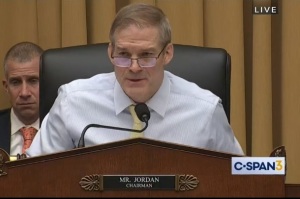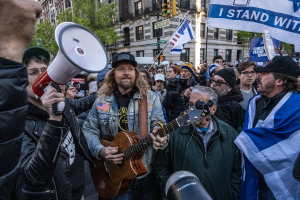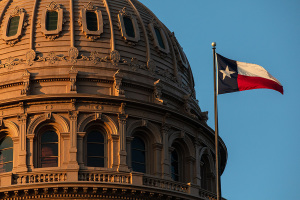Church Faces Increasing Hostility in Sudan
Constructing worship buildings more difficult since secession of South Sudan.
KHARTOUM, Sudan – Emboldened by government calls for a Sudan based on Islamic law since the secession of South Sudan, Muslims long opposed to a church near Khartoum have attacked Christians trying to finish constructing their building, sources said.
The Sudanese Church of Christ (SCOC) congregation in Omdurman West, across the Nile River from Khartoum, has continued to meet for Sunday worship in a building without a roof in spite of opposition from area Muslims and local authorities, the sources told Compass. Claiming that Christianity was no longer an accepted religion in the country, Muslims in the Hay al Sawra, Block 29 area of Omdurman West on Aug. 5 attacked SCOC members who were constructing the church building, the sources said.
“We do not want any presence of churches in our area,” shouted members of the mob as they threw stones at the Christians, the sources said.
Muslims in the north, where an estimated 1 million Christians still live following the secession of South Sudan on July 9, fear the potential influence of the church, they said.
“They want to reduce or restrict the number of churches, so that they can put more pressure on believers,” said a church leader on condition of anonymity.
The SCOC has been trying to erect a church building on the site since it obtained the land in 1997, but both government officials and area Muslim residents have used delay tactics to prevent it, according to a Christian who lives in the area. The SCOC in that area of Omdurman is still trying to get permission from the Islamic government in Khartoum to construct the new church building, Christian sources in Khartoum said.
Muslims and local “popular committees” – responsible for issuing residence certificates necessary for obtaining citizenship or an ID card, with authority to strike down proposals for erecting church buildings – assert that no church is necessary because there are no Christians there. But there are many Christians living in the area, sources said.
The government-appointed members of the popular committees tend to consist of radical Muslims who monitor Christian activities in neighborhoods so they can report them to security authorities, Christian sources told Compass. Previously, area Christians were upset to learn that the popular committees had divided another piece of land they hoped to obtain into two lots – one designated for a mosque, and the other for a Muslim school, sources said.
“We have already raised our objection over the way we are being treated in regards to obtaining permission to build this church,” said a church leader who wished to remain unnamed.
The church had filed a complaint with the Ministry of Guidance and Religious Endowments, which last month informed the SCOC that officials will investigate the matter, though they gave no time frame.
Meantime, the congregation finds that rain or whirling dust makes worship difficult, members said.
“I think we have much experience in how difficult it is to obtain permission for new church buildings in this country,” said a Christian leader who requested anonymity.
All religious groups must obtain permits from the Ministry of Guidance and Social Endowments, the state ministry of construction and planning and the local planning office before constructing new houses of worship, according to the U.S. Department of State’s 2010 International Religious Freedom Report.
Earlier this month, Sudan President Omar al-Bashir again asserted that the government has decided that Sudan will have a strictly Islamic identity. Al-Bashir, wanted by the International Criminal Court for crimes against humanity in Darfur, made the statement to leaders of his party in Khartoum on Oct. 12.
Last December, one month before South Sudan’s vote for independence, Al-Bashir declared that if the south seceded as expected, Sudan would amend its constitution to make sharia (Islamic law) the only source of law and Arabic the official language.




























